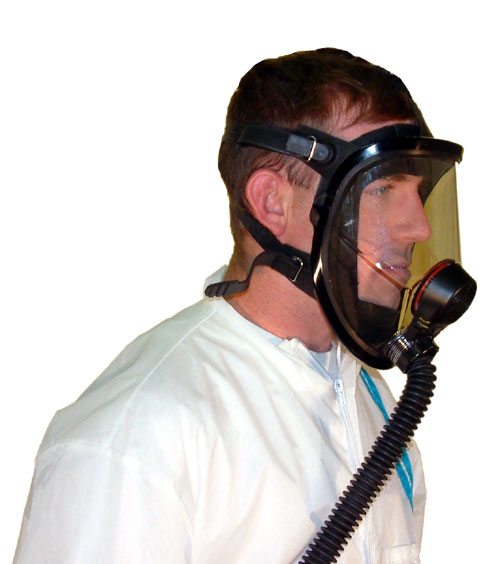Technology advances have enabled us to access an unlimited amount of information instantly and a huge range of services are now moving online. The healthcare industry is no different and online medical services continue to grow in popularity. But what is behind the rise?

Most importantly, these online services are incredibly convenient. It is estimated that around a third of patients find it difficult to get an appointment with their GP, so the option of seeking medical advice without having to leave your home is certainly attractive. Online consultations could also ease some of the pressure on the NHS by reducing the number of patients clogging up the system with conditions that are simple to diagnosis online. In fact, it’s estimated that around 70% of face to face consultations could just as effectively be carried out online or over the phone.
The convenience factor cannot be underestimated when studying the increase in popularity of online medical services. Patients who work full-time often can find it especially difficult to secure an appointment and are often reluctant to use their annual leave in order to visit. Having improved access to medical advice can be beneficial for these individuals.
Seeking medical advice online can also be very cost-effective compared to a visit to your GP. For example, Babylon which is in partnership with the UK’s NHS allows a user unlimited access to online GPs for just £50 per year which offers excellent value for patients in countries without free healthcare.
What are the risks of seeking medical advice online?
These online medical services are subject to reviews and inspections by the Care Quality Commission (CQC), the UK’s healthcare quality regulator. However, the regulator’s latest report earlier this year found that almost half of the online services failed to provide “safe” care. Although this is a substantial improvement on the previous report, it still raises questions as to the quality of service that is offered to patients and the reliability of diagnoses compared to a face to face visit.
One of the major concerns highlighted by the CQC included the prescription of antibiotics and other medication for long-term conditions including medicine that is opioid-based or designed to treat asthma.
An expert at a medical negligence law firm explains that there have been cases where patients where prescribed high-strength opioid painkillers for an extended period of time without the knowledge of the patient’s regular GP, which can put the patient’s long-term health at risk. Although innovation and embracing new technology is vital for improving healthcare, patient safety and the quality of healthcare service should never be compromised.
When you visit your GP not only do they have access to your entire medical records, in many cases, the GP has first-hand knowledge of medical history. This is especially vital when dealing with any long-term conditions. Unfortunately, this information is simply not available to the online doctors, which can lead to an inaccurate diagnosis or important information being overlooked. Prolonged suffering from an illness can also increase the stress and anxiety that a patient and their family can experience, especially if there are several misdiagnoses, a risk that is increased when receiving a consultation from an online medical service.
Another concern is that a lack of continuity in a patient’s healthcare can hinder the treatment of conditions and illnesses. For example, any advice you receive from these online medical services is not shared with your GP or added to your patient record, which can make effective diagnosis and treatment more difficult.
In many cases, a specialist will be unable to pinpoint exactly the condition that you might be suffering from and further tests will be needed. Clearly, you will need to head to a GP surgery in order to take any tests. Without analyzing the results of medical tests, a specialist diagnosing a patient online could fail to identify key information which can result in a misdiagnosis.
Finally, any doctor will explain that one of the most important aspects of diagnosing a patient in interpreting body language and visual clues. Online medical services may not allow for this and can hinder a correct and effective diagnosis.
Although online medical services have many advantages and can improve access to healthcare, the importance of consulting your GP face to face cannot be underestimated. Without this real-life interaction, patients may not receive the service or treatment that they desperately need.




